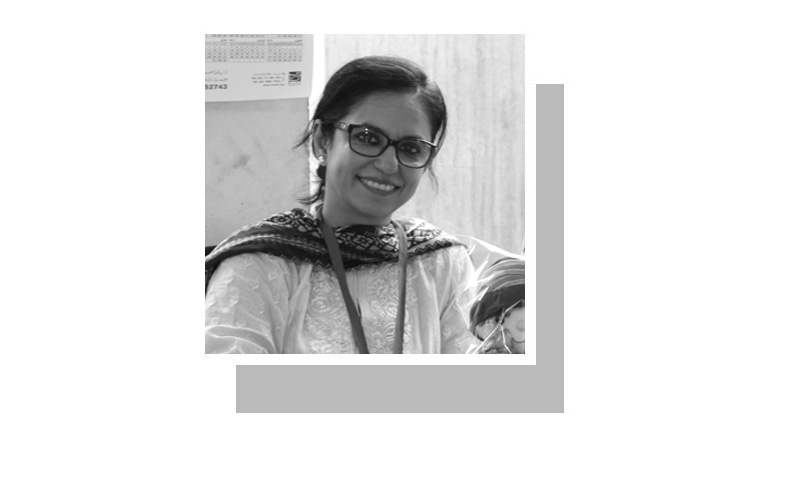
WORKING for an institution that is committed to establishing a sexual harassment-free environment, I am often confronted with situations that require great maturity and understanding. Sexual harassment at the workplace is a reality; however, very little data is available to verify the extent of the problem.
Some estimates place the incidence of sexual harassment as high as 93 per cent, while others put it at 50pc. The problem is exacerbated by the fact that a majority of such cases go unreported. Most women when confronted with sexual harassment at the workplace choose to remain silent and do not pursue the issue out of fear of losing their jobs or facing criticism and, in many cases, a backlash.
The truth is that with a runaway population, estimated to be growing at 2.4pc per year, and an economy that is stagnating, promoting dignity at the workplace is imperative if we are to improve economic opportunities for women. Poor, illiterate and lacking social or economic agency, most are employed for low wages in the informal sector. Women are often face dismissal on getting married, during pregnancy or while rearing their child. In such situations, women are less likely to speak out against harassment.
Most women prefer not to complain about sexual harassment.
Let us take the case of Fatima (name has been changed), who wrote to me complaining about the unwarranted and unsolicited attentions of her male manager. The latter had made comments about her dress and often asked her personal questions, and on one occasion, when there was no one in office, he had tried to physically harass her; when rebuffed he spread all kinds of rumours about her. The situation had reached this point because Fatima had kept quiet until now and had not communicated with anyone else in the institution regarding the matter.
In such cases, it is hard to provide evidence; often, it is ‘her’ word against ‘his’. Unfortunately, many in Pakistan are quick to judge an individual and even quicker to start a process of character assassination. It is up to the institution to develop robust and effective means for redressal, which should include fair opportunities for hearing the case, having a panel of objective and gender-sensitive individuals both male and female to review each case, and making sure the process is kept confidential.
This is not rocket science and is about building a strong culture with zero tolerance for sexual harassment. It also involves educating male and female staff on the code of conduct and what constitutes professional behaviour.
Ideally, harassment should be dealt with under the Protection against Harassment of Women at the Workplace Act, 2010, and Amendment Act, 2012, which put Pakistan ahead of many of its peers. However, the presence of this law does not do much for women facing harassment daily. Economic necessity and fear of social judgement or humiliation keeps many women quiet — especially those who are widows, single mothers, divorced or the main breadwinners. More often than not, they cannot afford to lose their jobs and therefore are fearful of reporting harassment. Harassment often take place by someone they trust — this added layer of disbelief and shame makes it harder for women to come forward with their stories.
Somewhat similar to Fatima’s story is the Ayesha Gulalai incident where she came forward with allegations of harassment against PTI chief Imran Khan. She claimed to have received undesirable messages from the party founder, but instead of positive results, there was a backlash. Instead of the public discourse being steered towards better workplace policies or improving our understanding of sexual harassment as an important social issue the incident led to a mass smear campaign on social media against Ms Gulalai.
Undoubtedly harassment, especially in the workplace, is a major issue faced by women all over the world. It is very common and stems from lack of proper education, laws and systems meant to ensure that women feel protected and comfortable.
With more women joining the labour force in Pakistan, workplace harassment is something that needs to be dealt with logically and quickly. More so, figures of authority should act as role models upholding high standards of conduct in order to achieve a harassment-free environment. Our societal norms and ideas are deeply embedded in patriarchy; this shows we need to make fundamental changes to people’s way of thinking. Educating the population is the first step in ensuring that women are safe and viewed as more than sexual objects. The path to ensuring a woman’s safety will not be easy, but it is extremely necessary.
The writer is founder and managing director of Kashf Foundation.
Published in Dawn, October 5th, 2017








































